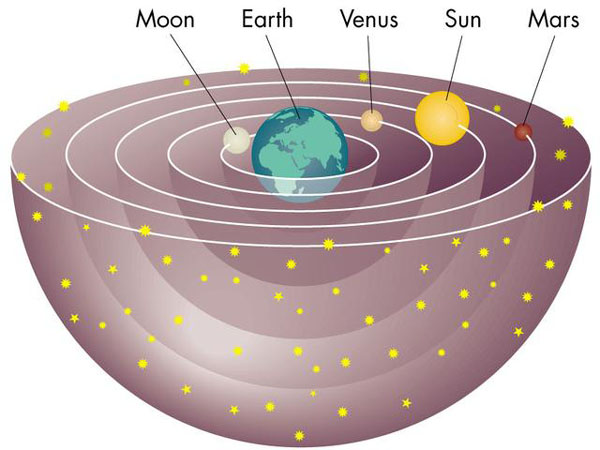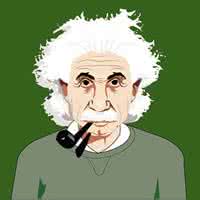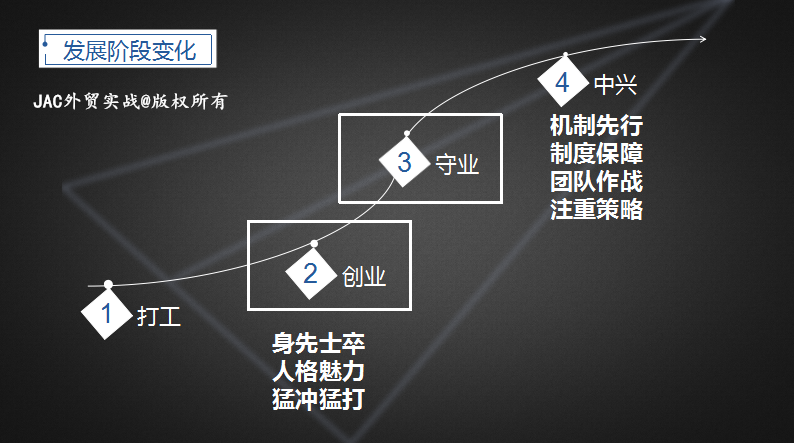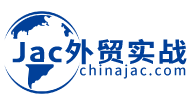You must know Aristotle and Ptolemy, as well as their positions, influences and contributions in world history.
No? Please search in Baidu.
But it’s these two famous persons insisting on a quite ridiculous view which is laughed at by even pupils today — geocentric theory.

What does it show ?
Does it show pupils today are more talented than Aristotle & Ptolemy ?

Absolutely not!
That’s because people today stand on the shoulders of giants, inheriting previous knowledge, and progressing through continuous innovation and improvement. In this way, there form knowledge and experience nowadays.
This is the fundamental cause of social advance. The great men trace the objective laws and extract knowledge from complicated phenomena. What’s extracted will be continually verified by later generations. During this process, the false will be eliminated, and the true will be retained to guide others’ practices. Therefore, one generation will be more powerful than last generation, having wider visions and being closer to the truth.
Inheritance! Development! Both are crucial!
How about a company? Shouldn’t it operate like this?
At the startup stage, a company lacks money, experience, and system. The founder even doesn’t have a deep understanding of the selected products, let alone the customers’ demands and the market’s characteristics. At this time, it’s even very difficult to go only one step further. This is the dilemma most founders face at the startup stage: too much effort and money need to be put in, but there may be no results at last.
However, many companies survive. There’re many reasons for that, among which, luck may be very important. But one cannot succeed only depending on good luck. Those successful founders who seem good for nothing must be outstanding in some aspects, eg honesty, being daring, having a thick skin…

Do you still remember this picture?
After the startup stage, there comes the growth stage when most companies choose to build teams because few founders are satisfied with a small firm with only a few employees like at the initial stage. Here comes the problem.
Theoretically, since the company gathers a group of old hands, accumulates successful experience and models, and even probably builds a mature system, the newcomer joining the group at this time shall start on a point higher than the startup team. After all, he stands on the shoulders of giants! Well, even if the startup team are not giants, even if they are merely dwarves, the newcomer shouldn’t start from 0 point! But how about the fact ?
The newcomer still doesn’t know how to answer the clients’ questions, although these questions have been answered for heaps of times in emails, in calls and at the fairs by the old hands.
The newcomer still doesn’t know how to learn products. He runs into the workshop with a blank face and feels totally at a loss about how to begin learning, even if the old hands have already known the products to their fingertips.
The newcomer still has to explore the skills about how to send and reply emails by themselves. He still knows nothing about the countries which are known extremely well by the old hands through long-term or frequent dealings with customers in those countries.
……
Without inheritance, how to improve?
So you will find many embarrassing events in China:
Over 1900 years ago, Heng ZHANG invented the seismoscope. As recorded in literature, the seismoscope was extremely precise. However, it is lost! Even in the history books, only 3 laughable words The Imaged Picture are printed on the pictures. It seemed that Heng ZHANG did not record the invention process, application principles and other related information, too. Even if he recorded these information, he also failed to find a proper successor to pass the technology on. Just think, if detailed information of the seismoscope was recorded at that time, and was inherited, innovated and perfected during the past 2000 years, maybe we, in China, could directly detect the earthquake situation in America across the ocean.
It is said that when the figurines of soldiers and horses from the Qin Mausoleum were unearthed, a treasured sword was found. It was pressed for over 2000 years, in good condition and without rust. When the heavy weight was removed, its elasticity recovers naturally. After verification, it is said that a kind of advanced oxidization technology was applied to the sword, while this kind of oxidization technology was first invented by an American in 1990s!
About the traditional Chinese medicine, is it really dying? We know Chinese got cured by traditional Chinese medicine over the past thousands of years. Actually, I think it’s because there’s too much to sense, and little can be standardized in traditional Chinese medicine, causing what can be inherited is too little. Without inheritance, with more and more missing, how can one generation grow stronger than last generation?
Because of lack of inheritance, we have lost too much, eg. some folk arts, some crafts, and even some cuisines …
Chinese are very good at counting money. We will spontaneously laugh when we see the foreigners count money. But the foreigners standardized the counting process which were repeatedly simulated by the machine and constantly innovated by later generations. Now, the cash-counting machine is almost perfect.
In terms of various machines, procedures, and even business models, inheritance, innovation and perfection bring the high-speed development of western countries. Shouldn’t we draw lessons from them?
It’s difficult for us to do something for the development of society. But as ordinary employees, we could use the flow Summarizing → Standardizing → Simulated Training → Practicing → Innovating → Perfecting to make former experience into steps for progress supporting us in faster development; while a company should value this flow more, and take Summarizing → Standardizing → Simulated Training → Practicing → Innovating → Perfecting as the internal drive of the company. In this way, the newcomers can really stand on the shoulders of the old hands, improve rapidly, and create values. Only such companies will become larger, grow stronger and live longer.
Only in this way, you will find that the requirements for competences and skills in the recruitment standards can be lowered actually, because you could help the newcomers master related skills very fast depending on the accumulation in your company. Only if they are willing to work hard with a good attitude, that’s enough!
Visits: 2



